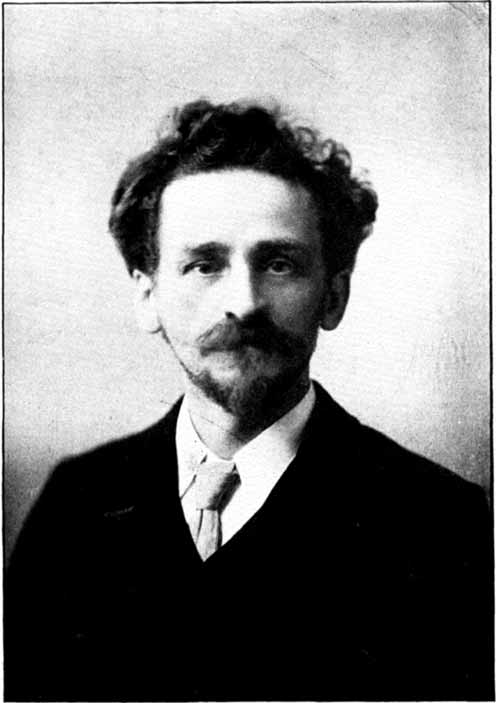Light on life’s Difficulties. By James Allen. The James Allen Free Library
Light on the Management of the Mind
FOLLOWING THE LAST CHAPTER, a few hints on the management of one’s mind will doubtless be opportune. Before a man can see even the necessity for thorough and complete self-government, he will have to throw off a great delusion in which so many are involved—the delusion of believing that his lapses of conduct are entirely due to those about him, and not entirely to himself.
“I could make far greater progress if I were not hindered by others,” or “It is impossible for me to make any headway, seeing that I live with such irritable people,” are commonly expressed complaints which spring from the error of imagining that others are responsible for one’s own folly.
The violent or irritable man always blames those about him for his fits of anger, and by continually living in this delusion, he becomes more and more confirmed in his rashness and perturbations. For how can a man overcome—nay, how can he even try to overcome, his weakness if he convinces himself that it springs entirely from the actions of others? Moreover, firmly believing this as he does, he vents his anger more and more upon others in order to try to make matters better for himself, and so becomes completely lost to all knowledge of the real origin of his unhappy state.
Men cast the blame of their unprosperous acts
Upon the abettors of their own resolve,
Or anything but their weak guilty selves.
Being Responsible for Every Action
All a man’s weaknesses, sins, and falls take rise in his own heart, and he alone is responsible for them. It is true there are tempters and provokers, but temptations and provocations are powerless to him who refuses to respond to them. Tempters and provokers are but foolish men, and he who gives way to them has become a willing cooperator in their folly. He is unwise and weak, and the source of troubles is in himself. The pure man cannot be tempted; the wise man cannot he provoked.
Let a man fully realize that he is absolutely responsible for his every action, and he has already gone a considerable distance along the path which leads to wisdom and peace, for he will then commence to utilize temptation as a means of growth, and the wrong conduct of others he will regard as a test of his own strength.
Socrates thanked the gods for the gift of a shrewish wife in that it enabled him the better to cultivate the virtue of patience. It is a simple and easily perceived truth that we can better grow patient by living with the impatient, better grow unselfish by living with the selfish. If a man is impatient with the impatient, he is himself impatient. If he is selfish with the selfish, then he is himself selfish. The test and measure of virtue is trial, and, like gold and precious stones, the more it is tested the brighter it shines. If a man thinks he has virtue, yet gives way when its opposing vice is presented to him, let him not delude himself—he has not yet attained to the possession of that virtue.
If a man would rise and become a man indeed, let him cease to think the weak and foolish thought, “I am hindered by others,” and let him set about to discover that he is hindered only by himself. Let him realize that the giving way to another is but a revelation of his own imperfection, and lo! upon him will descend the light of wisdom, and the door of peace will open unto him, and he will soon become the conqueror of self.
The fact that a man is continually troubled and disturbed by close contact with others is an indication that he requires such contact to impel him onward to a clearer comprehension of himself; and toward a higher and more steadfast state of mind.
The very things which he regards as insurmountable hindrances will become to him the most valuable aids when he fully realizes his moral responsibility and his innate power to do right. He will then cease to blame others for his unmanly conduct, and will commence to live steadfastly under all circumstances. The scales of self-delusion will quickly fall from his eyes, and he will then see that often when he imagined himself provoked, he himself was really the provoker. As he rises above his own mental disturbances the necessity for coming in contact with the same condition in others will cease, and he will pass, by a natural process, into the company of the good and the pure. He will then awaken in others the nobility which he has arrived at in himself.
Be noble! and the nobleness that lies In other men, sleeping, but never dead, Will rise in majesty to meet thine own.



